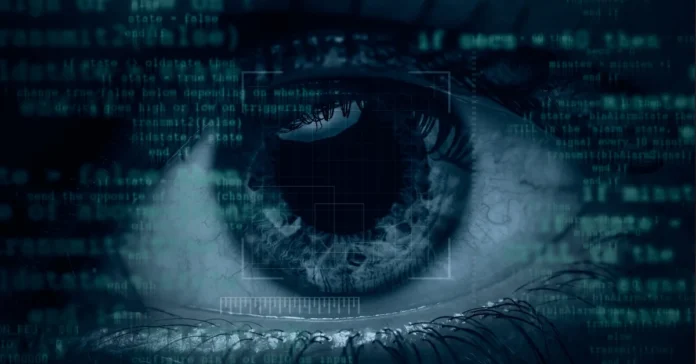In the shadowy realm of cyberspace, a sinister pact between cybercriminals and intelligence agencies casts a looming threat over critical infrastructure. The German Federal Office for Information Security (BSI) sounds the alarm on this grave danger, urging for robust defences. How can organizations and authorities shield themselves from such digital onslaughts?
The cyber threats primarily target vital services like hospitals, gas pipelines, and transportation systems. A united front, technological advancements, and fresh cybersecurity regulations are the keys to fortification.
The BSI paints a grim picture of the current cyber threat landscape, blurred lines between espionage and criminal hacking adding to the concern. “The threat situation is alarming,” declared BSI President Claudia Plattner in Germany at the 20th IT Security Congress in Bonn. Countries like Russia, China, North Korea, and Iran are particularly active, causing significant unease.
Russia leads the charge in cybercrimes targeting critical infrastructure, often backed by or tolerated by state entities. This blurring of lines complicates discerning whether such actions aim to destabilize politically or to extort ransom, especially when public institutions like hospitals and universities are hit. The BSI collaborates closely with other agencies to keep these threats in check, emphasizing the urgency of implementing technical measures.
To combat the escalating cyber threats, the BSI advocates for increased collaboration and automation. “Cooperation is our only way forward,” Plattner stated at the congress’s opening. Municipalities and small to medium-sized businesses often hesitate due to the effort required for cybersecurity, but automated processes applicable across organizations might offer a solution. “It’s not a matter of if but when they will be targeted,” Plattner warned.
For smaller enterprises, ransomware remains the top threat, with hackers encrypting data and demanding payment for release. Plattner also highlighted recent incidents of cyber espionage and the real possibility of sabotage via hacking.
The BSI leverages its two-day event, with participants joining online, to recruit IT professionals. With a current staff of about 1,500, the agency is on the hunt for 200 more IT experts.
The Interior Ministry in Germany, led by Nancy Faeser, has introduced a draft law to modernize and restructure German IT security law, aligning with the EU’s Network and Information Security (NIS-2) directive. The draft, sent to states and associations for feedback, aims to raise security standards and reduce the risk of cyberattacks for businesses.
A new three-tier reporting system for cybersecurity incidents is proposed, requiring initial notification within 24 hours, an update within 72 hours, and a final report within a month. The goal is to minimize administrative burdens within the existing framework of member state implementation.





